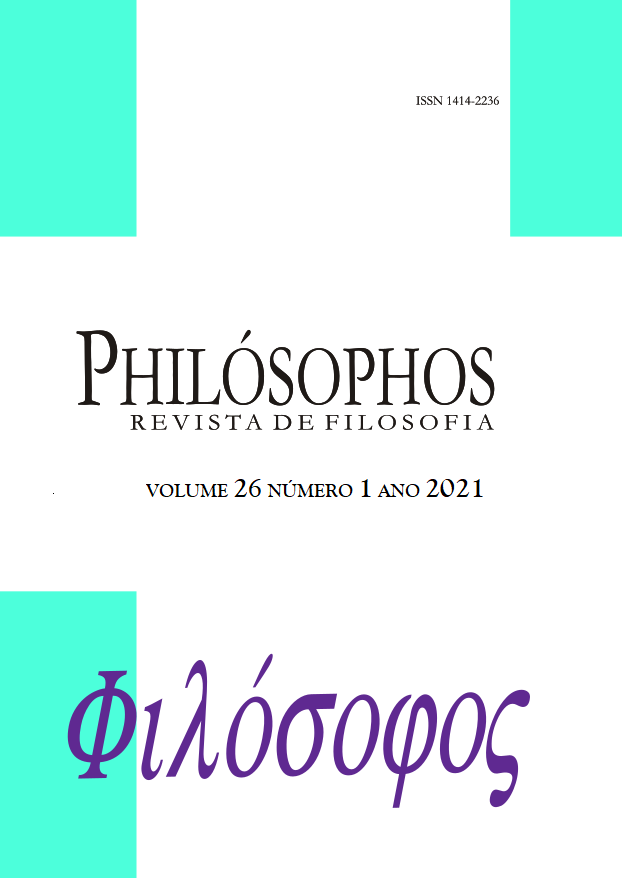NEOLIBERALISM AND JUDICIARY SOCIETY IN FOUCAULT
DOI:
https://doi.org/10.5216/phi.v26i1.67202Abstract
This article reconstructs Foucault’s genealogical analysis of German neoliberalism or ordoliberalism, in order to then address the problem of the relationship between neoliberalism and judiciary society in contemporary times. In neoliberal society, the promotion of competition between corporations inevitably leads to conflicts that, in many cases, turn into judicial demands. Now, the conception that conflicts should not be eradicated, but managed, converted into competitive relations and returned to the market, has become widespread among law operators. Foucault shows that a vicious circle is established there: more competition implies more processes, which implies more competition, and so on. The business society and the judiciary society are two sides of a same coin. Hence the need to analyze both the judicialization of politics and the politicization of the judiciary in the light of the genealogical critique of neoliberalism.
Downloads
Downloads
Published
How to Cite
Issue
Section
License
Copyright (c) 2021 Philósophos a journal of philosophy

This work is licensed under a Creative Commons Attribution-NonCommercial-NoDerivatives 4.0 International License.
Authors who publish in this journal agree to the following terms:
- Authors retain copyright and grant the journal right of first publication, with the work simultaneously licensed under a Creative Commons Attribution License that allows others to share the work with an acknowledgement of the work's authorship and initial publication in this journal.
- Authors are authorized to enter into separate, additional contractual arrangements for the non-exclusive distribution of the journal's published version of the work (e.g., publishing in an institutional repository or as a book chapter), with an acknowledgement of its authorship and initial publication in this journal.















